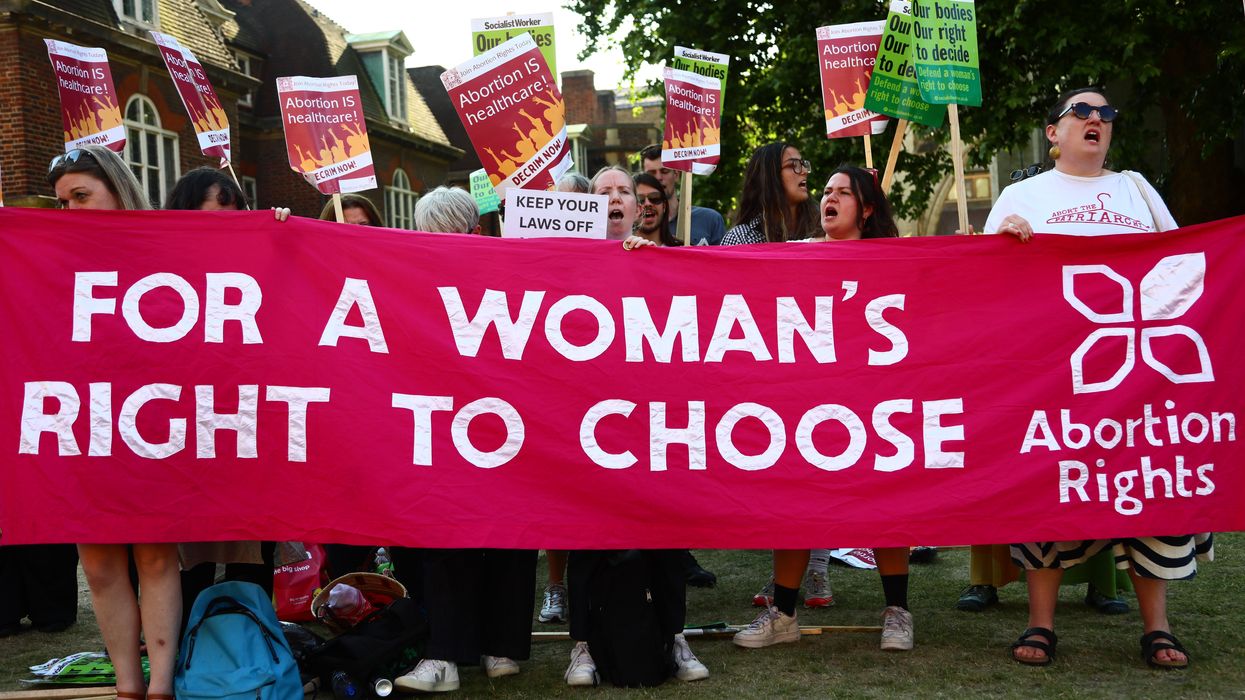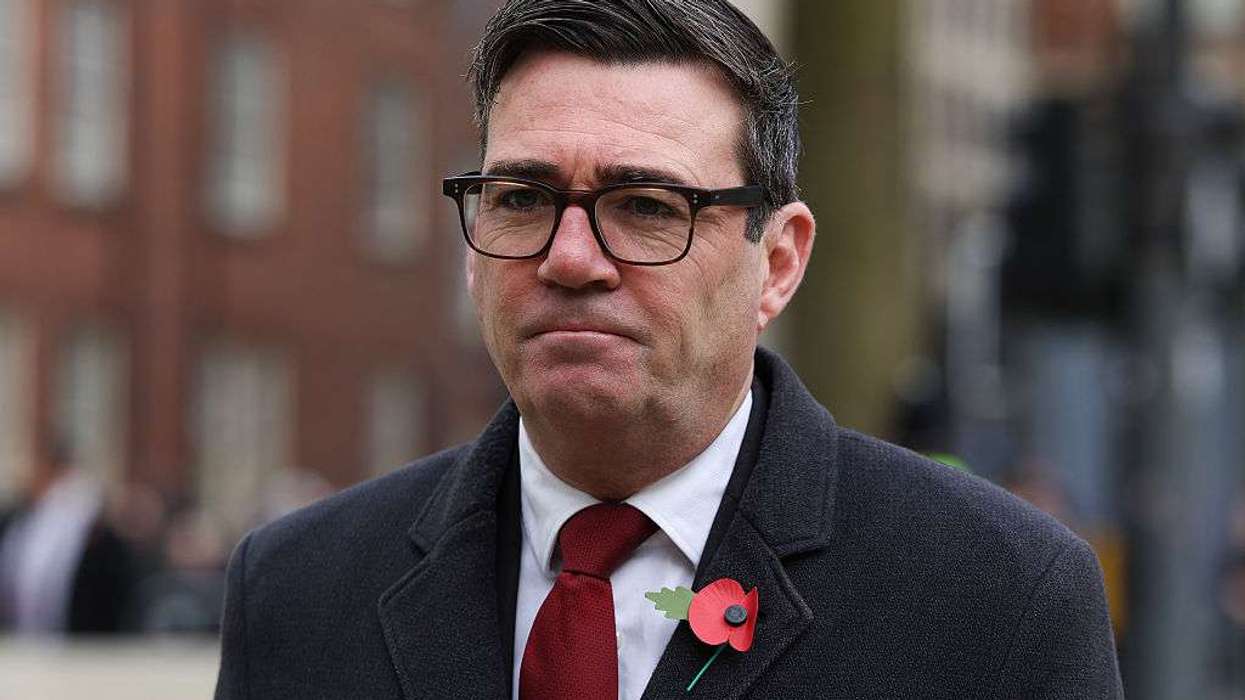UK MPs have voted in favour of ending the prosecution of women in England and Wales for ending their own pregnancies, marking a significant step towards changing how abortion laws are applied.
Under current laws, women can face criminal charges if they terminate a pregnancy after 24 weeks or without the approval of two doctors. These laws still carry a maximum sentence of life imprisonment.
The vote follows public attention on the issue after recent court cases, including one where a woman was acquitted at trial and another who was released from prison on appeal.
On Tuesday, MPs backed an amendment by Labour MP Tonia Antoniazzi by a majority of 242. The amendment would ensure that women cannot be criminally prosecuted for ending their own pregnancies at any stage. However, it does not alter the existing abortion laws themselves.
The wider crime and policing bill must now go through a full parliamentary vote and then be passed by the House of Lords to become law.
Existing laws under scrutiny
“Women are currently being arrested from hospital bed to police cell and facing criminal investigations on suspicion of ending their own pregnancy,” Antoniazzi told AFP.
“My amendment would put a stop to this,” she said, calling it “the right amendment at the right time”.
In England and Wales, abortion remains a criminal offence under the Offences Against the Person Act of 1861, which still carries the potential for life imprisonment.
The Abortion Act of 1967 legalised terminations in certain circumstances, including up to 23 weeks and six days of pregnancy, when performed by authorised providers.
Abortions beyond that time are permitted only in limited situations, such as when the mother’s life is at risk or if there is a “substantial risk” the child may be born with a serious disability.
During the Covid-19 pandemic, the law was updated to allow women to take abortion pills at home up to 10 weeks into pregnancy.
Recent court cases
In May, Nicola Packer was acquitted after taking prescribed abortion medicine when she was about 26 weeks pregnant, beyond the legal limit for home use.
The 45-year-old told jurors during her trial — which followed a four-year police investigation — that she had not realised how far along her pregnancy was.
“It was horrendous giving evidence, absolutely awful,” she told The Guardian last month.
Concerns and support
The Society for the Protection of Unborn Children has described the proposed amendment as “the greatest threat to unborn babies in decades”.
Antoniazzi’s amendment does not change laws concerning how abortion services are provided or the time limits involved. Medical professionals who assist in abortions outside of legal provisions will still face prosecution.
Around 50 organisations, including abortion providers, medical bodies and women’s rights groups, support the amendment.
They note that six women in England have been taken to court in the past three years for ending or attempting to end their pregnancies outside legal frameworks.
Carla Foster was jailed in 2023 after taking abortion pills to end her pregnancy between 32 and 34 weeks. Her sentence was later suspended by the Court of Appeal.
Antoniazzi told the BBC that police had investigated “more than 100 women for suspected illegal abortion in the last five years including women who’ve suffered natural miscarriages and stillbirths”.
“This is just wrong. It's a waste of taxpayers money, it's a waste of the judiciary’s time, and it's not in the public interest,” she said.
Responding to the vote, prime minister Keir Starmer said on Tuesday that women have the right to a “safe and legal abortion”.
Northern Ireland decriminalised abortion for women in 2019. Scotland is currently reviewing its abortion laws.
(With inputs from agencies)





